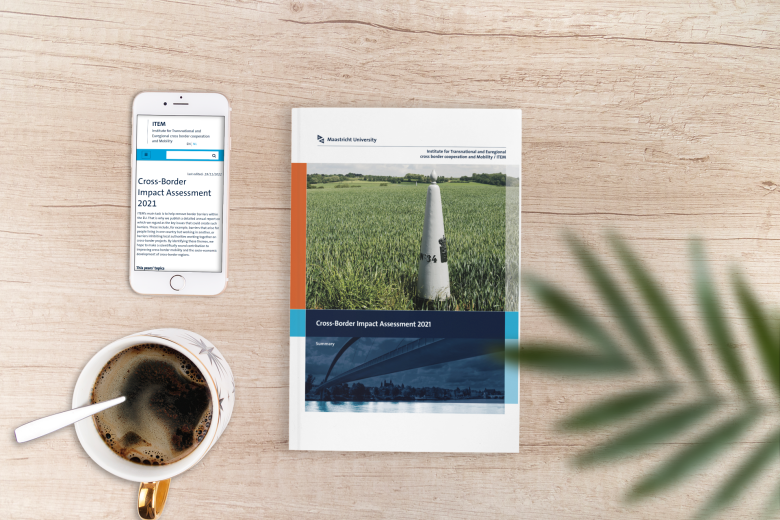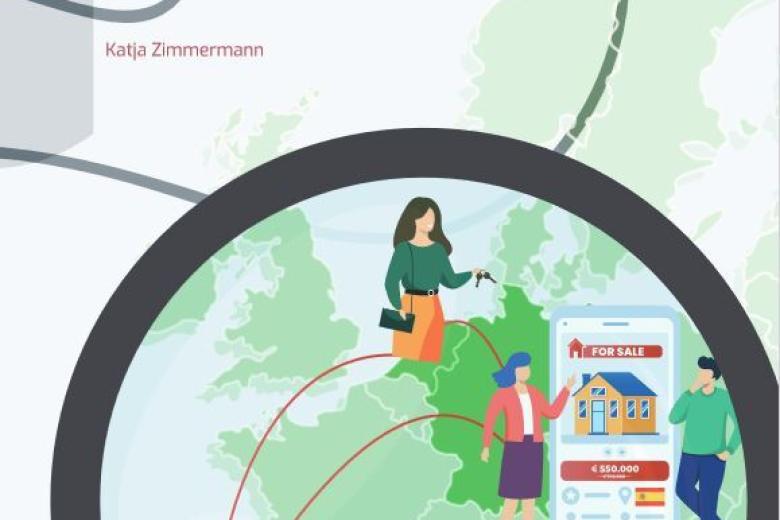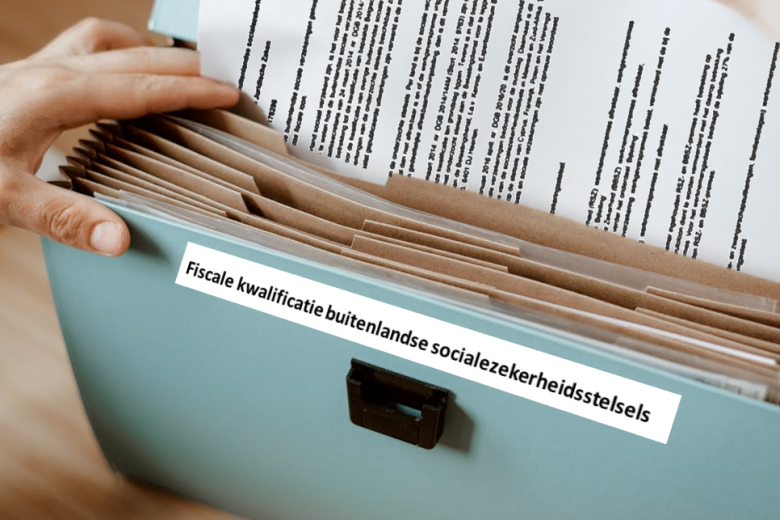Research into cross-border internships in the Meuse-Rhine Euregion
Expertise Center ITEM has started a research project about cross-border internships in the Meuse-Rhine Euregion. The research, commissioned by the Meuse-Rhine Euregion and EURES, will be carried out and led by ITEM's 'de-borderer' between March 2017 and July 2017.
The five partner regions of the Meuse-Rhine Euregion have been collaborating for years in order to promote cross-border internships. Even though students at the senior secondary vocational level (MBO) can choose from many internships within the Euregion, only a small number of them actually cross the border. While the overall number of students doing an internship abroad is growing, the Meuse-Rhine Euregion, which has more international than national borders, is hardly showing any growth in the number of students doing an internship in the neighbouring countries Germany and Belgium. As a result, many internship vacancies remain open in these countries, constituting a missed opportunity for the cross-border labour market.
The ITEM Expertise Center has been commissioned by the Meuse-Rhine Euregion and EURES to start a research project to identify the obstacles and success factors regarding cross-border internships in the Meuse-Rhine Euregion. The aim of this project is to make an inventory of the success factors or obstacles for students wanting to do an internship in the Meuse-Rhine Euregion. The research is particularly aimed at institutions of senior secondary vocational education (MBO) and is led by ITEM's ‘de-borderer’ Martin Unfried.
Several previous projects were initiated around the theme of euregional cross-border internships: Linguaclusters, projects around Euregion competency/certificates , the Learning Euregion (Rhine-Waal), Xperience (Rhine-Meuse-North) and Eurfriends (Meuse-Rhine). Despite the different INTERREG projects, it remained difficult to establish a sustainable structure for cross-border internships.
It is assumed that there are a number of fundamental obstacles in terms of:
- the different qualification standards
- the various definitions of an internship
- the cultural and language barrier and the motivation of pupils and students
- cross-border transport
- funding
This new ITEM research project is financed by EURES and the Meuse-Rhine Euregion and will be carried out between March 2017 and July 2017. Various surveys and interviews will be conducted in cooperation with institutions of senior secondary vocational education (MBO) in the Meuse-Rhine Euregion.
Also read
-
ITEM Cross-Border Impact Assessment 2021 published
Due to the Corona crisis, also many cross-border workers are forced to work in their home country. They have been asked not to cross the border to come to their office situated in the neighbouring country. At the moment, this is only possible because the Dutch, Belgian and German governments have...

-
Success factors for cross-border real estate transactions: information and patience
Buying a house abroad, with the complex procedures of rules and formalities that apply in the world of real estate transactions, one might wonder: what obstacles might I encounter? In her dissertation, Katja Zimmermann examined the operation and obstacles of various land registration systems. Her...

-
ITEM focal point taken up: addition to Dutch qualification policy for German social insurance schemes
The Dutch Ministry of Finance has updated the guideline on the tax qualification policy of foreign social security schemes. According to expertise centre ITEM, the addition concerning certain German social insurances is a positive development, which is in line with their vision and commitment in...
